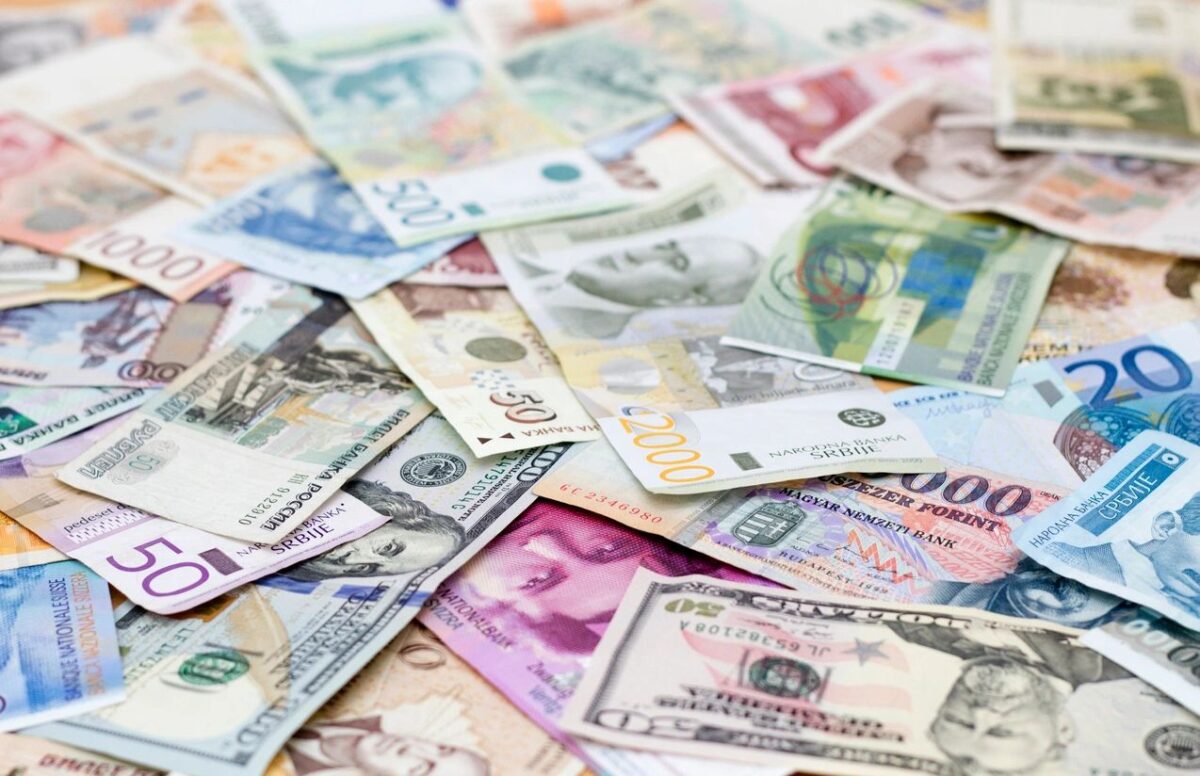Amid the talk of a new Cold War with China some analysts are warning that China could use weaponize its vast foreign currency reserves – it’s massive US Treasury Bond Holdings (T-Bills) – and dump them on the open market. To understand this arrangement read Understanding China Foreign Exchange.
Often referred to as the ‘nuclear option,’ – and not without good reason – has the potential to cause a massive spike in U.S. interest rates, sink the US stock market and freeze credit markets, pushing the U.S. even further and deeper into recession. This would of course create major problems for whoever happens to be President.
The problem is, for the alarmists, they underestimate the damage this do to the Chinese economy. Firstly the as the selloff started the overall value of it’s holdings would plummet; meaning China would be getting pennies on the dollar for what it has taken years to save.
A second factor is that such a move would push Beijing’s dream of the RMB as a reserve currency – a hard policy objective for many years – decades into the future. It would also leave the US relatively unscathed in the short term as the Fed – as it loves to do – could simply print the money to buy back the Treasury Bonds, in a kind of Buzz Lightyear QE ‘To Infinity and Beyond’ program. The economic equivalent of kicking the financial can another generation or two down the road.

It would also terrify foreign investors in China as the value of the RMB lost stability. One of the ways Beijing controls the value of the RMB is by maintaining a foreign currency reserve basket – of which, at present T-Bills make up about USD1.1 trillion as of March 31, 2020. The majority of which are held as reserves to collateralize trade and to capitalize China’s banking system.
Furthermore, a mass selloff would put downward pressure on the RMB and force China to devalue it’s currency and continuing the selloff could lead to a depreciation spiral. A spiral that would make it ever harder to retrieve those dollar reserves.
This spiral would have been less of a worry twenty years ago when China could claw back dollars hand over fist with its epic trade surplus. But those days are long gone, and trade surpluses in the future are likely to be far more meagre, especially as China enters uncertain economic territory as the global Covid-19 crisis continues to wreak economic havoc around the world.
This combination of factors ensures China will continue to need substantial foreign currency reserves both to maintain it’s exchange rate against hard currencies but also to ensure it retains it’s capacity to settle hard currency denominated trade – especially important now China is the world’s second largest importer.
But let’s not get complacent. While the ‘nuclear option’ may be off the table, Beijing has many more weapons in it’s arsenal it could use to make more than uncomfortable for the US. An embargo on rare earth minerals would be one.
